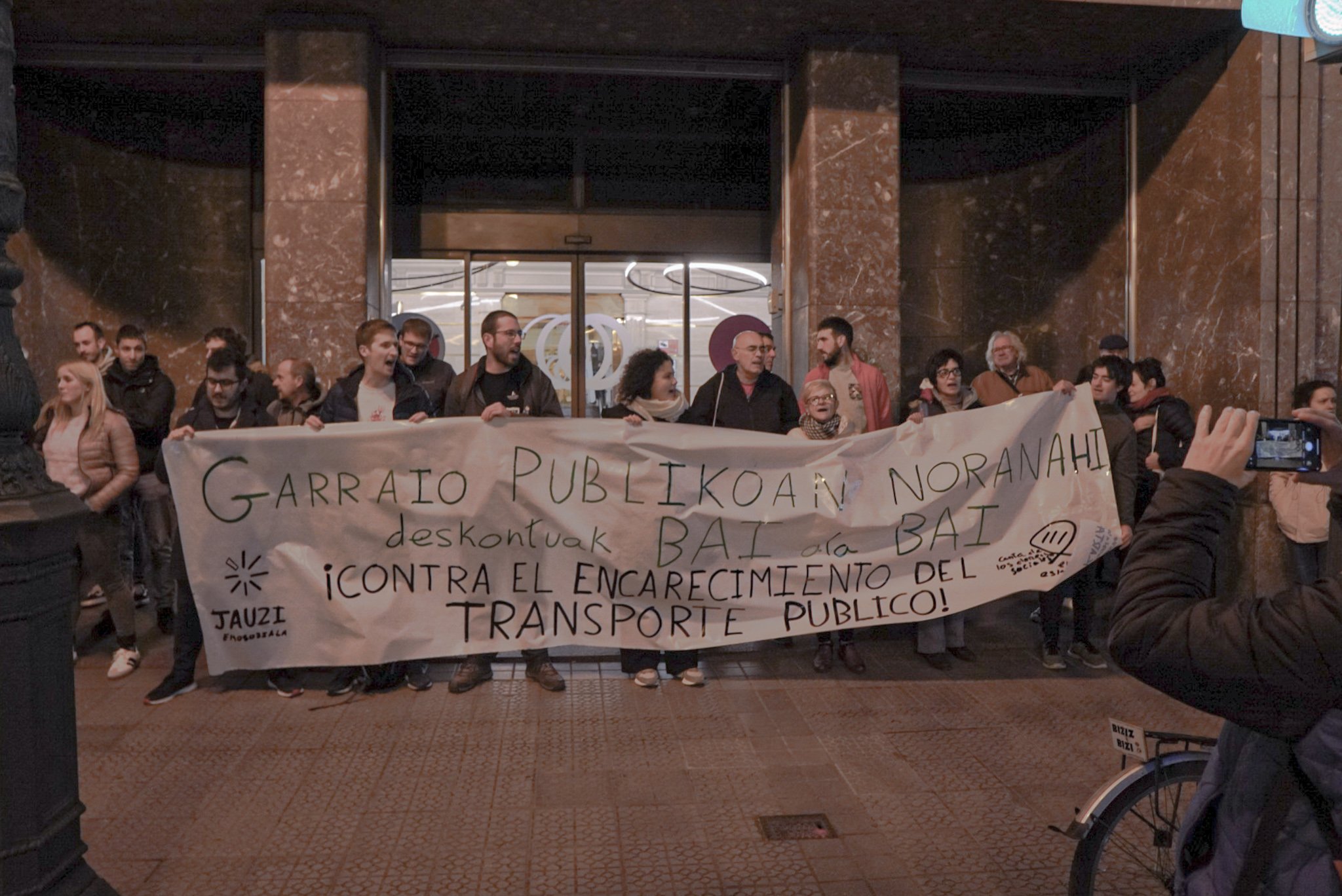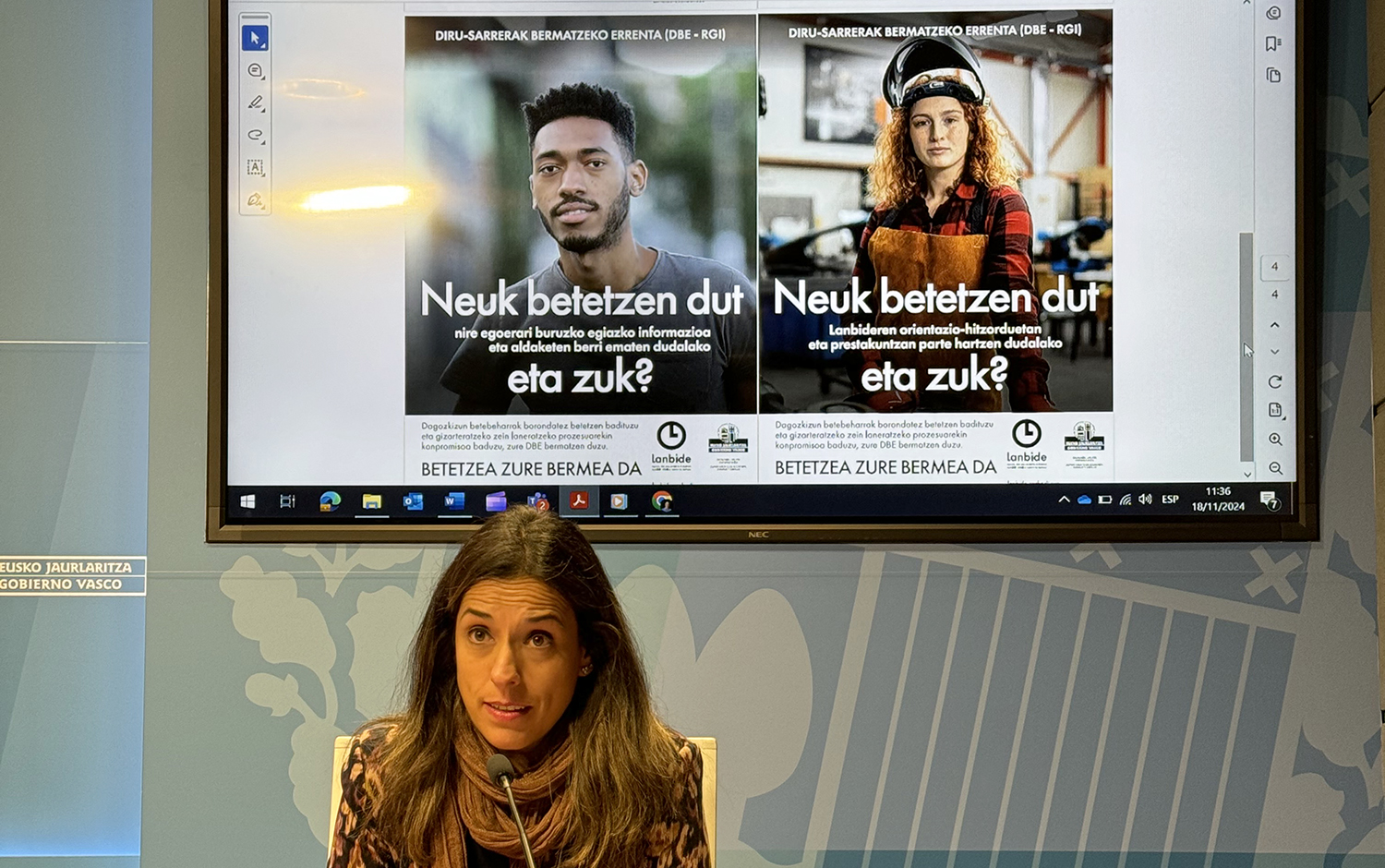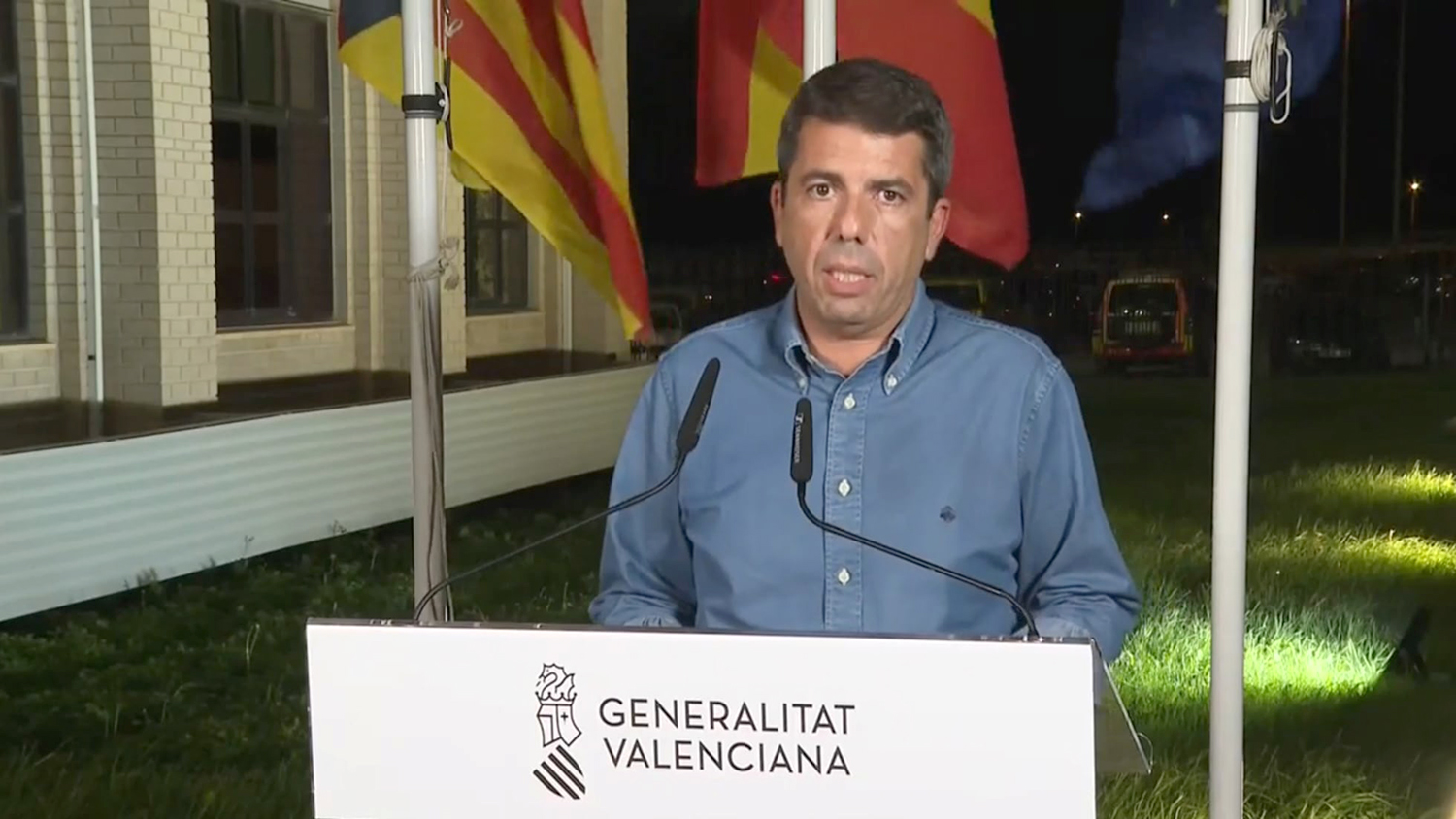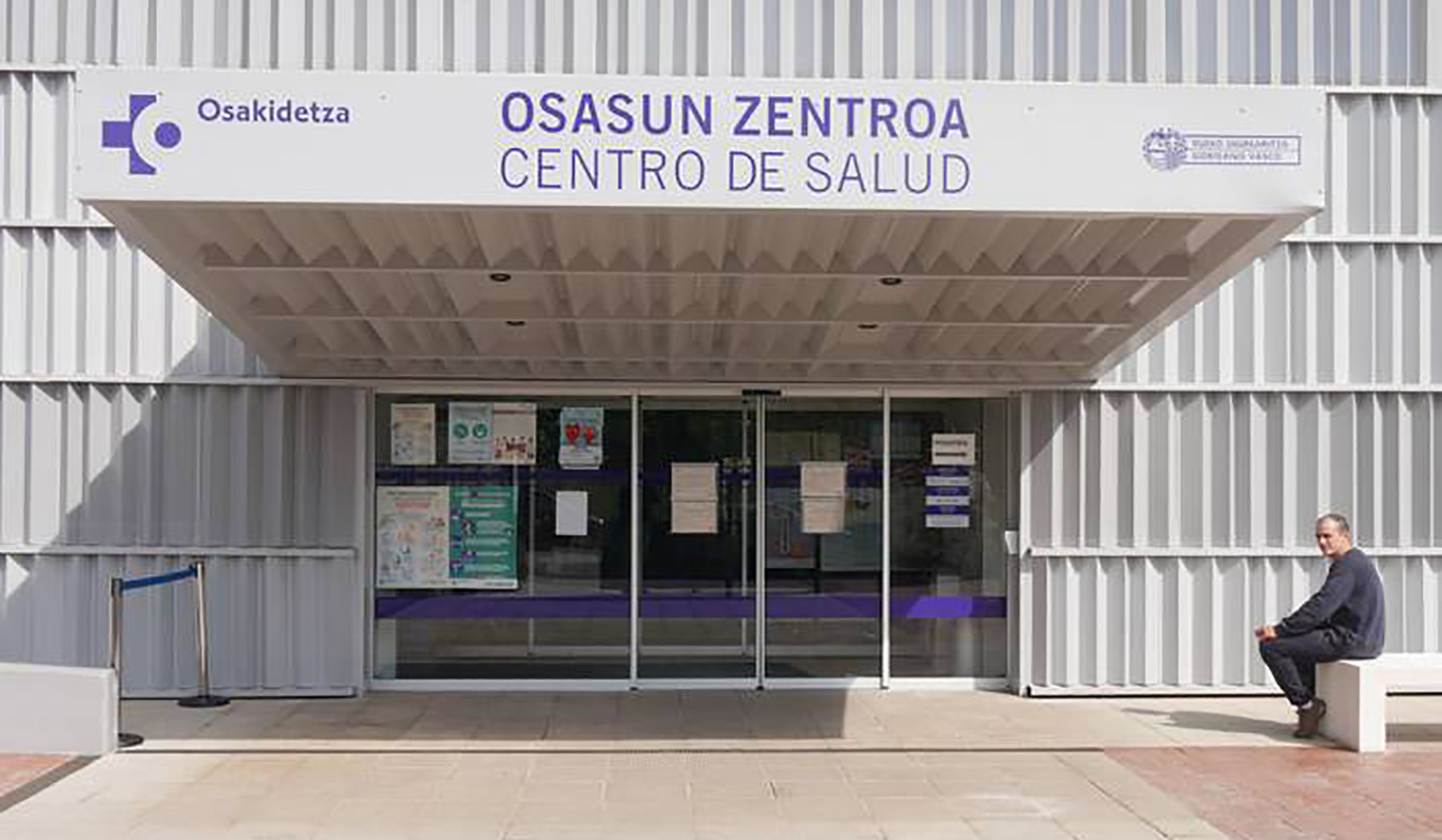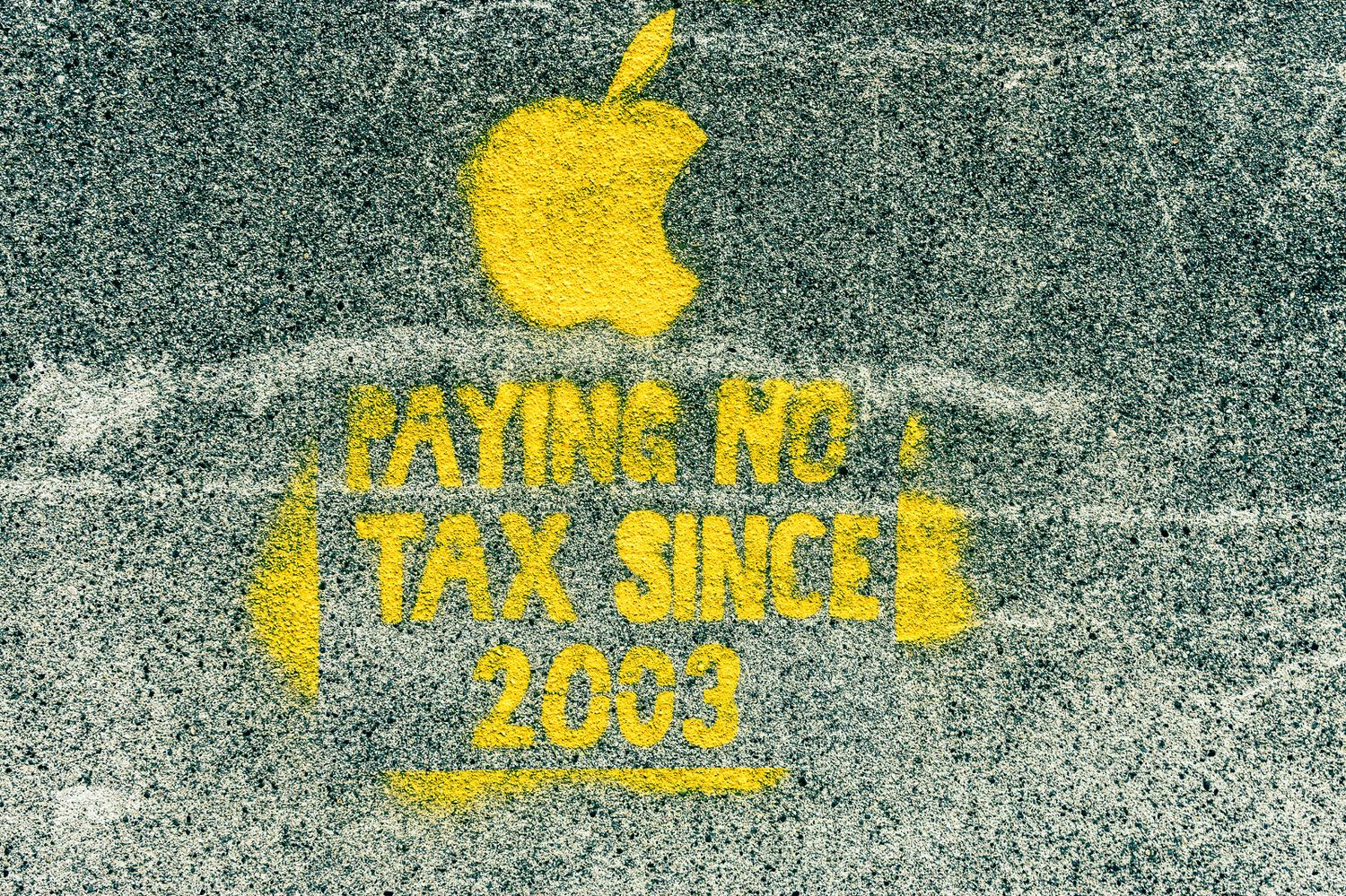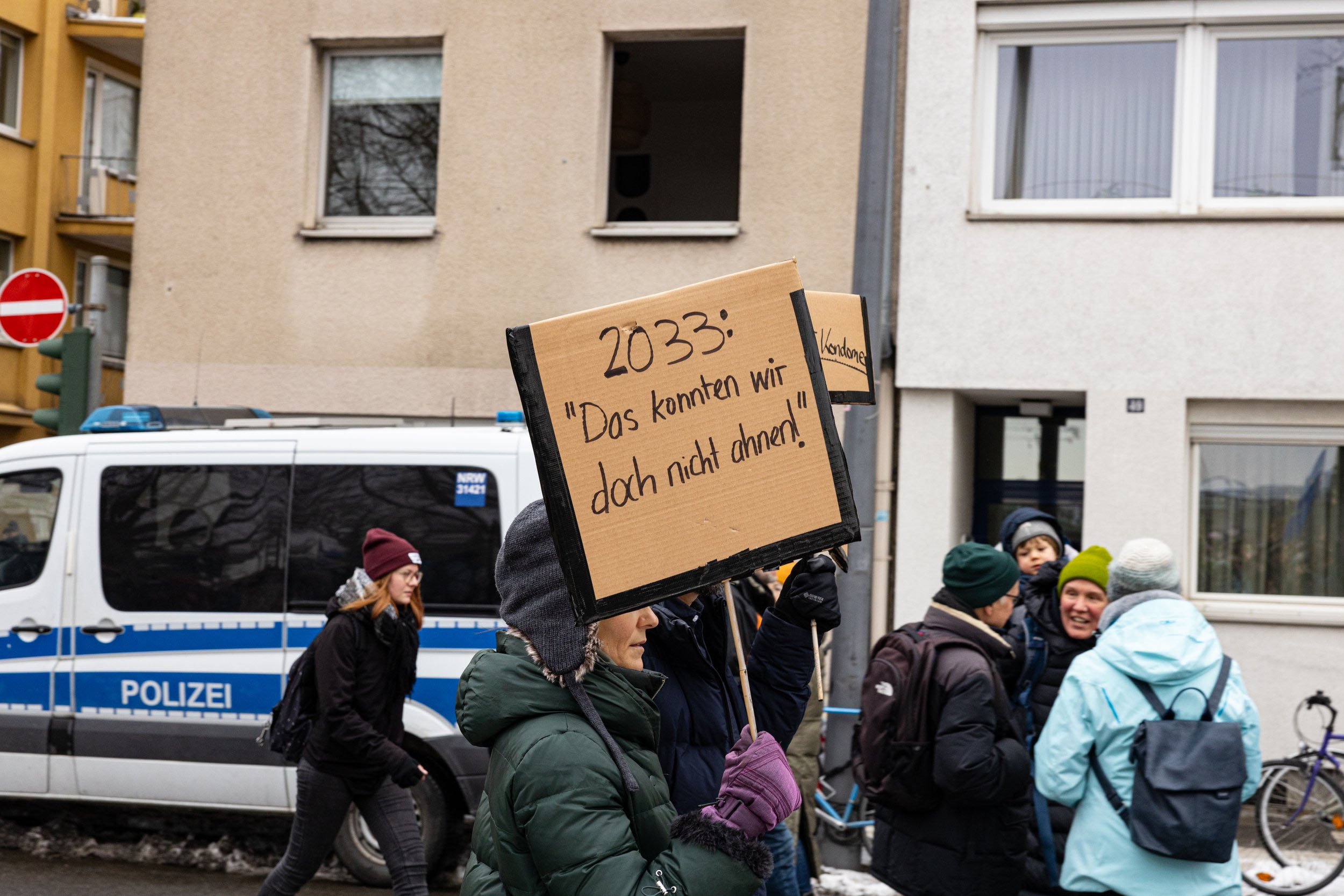"The false dichotomy between public health and political freedoms must be broken"
- Isabel Benitez (Badajoz, 1981) merges sociology, economics and journalism. As soon as it arrived in Barcelona, it began its journey in social movements: the student movement, the COS union and the struggle for housing. He is a member of Karl Marx's Taifa Thought Seminar and collaborates in La Directa. It has analysed the economic and social consequences of the pandemic.
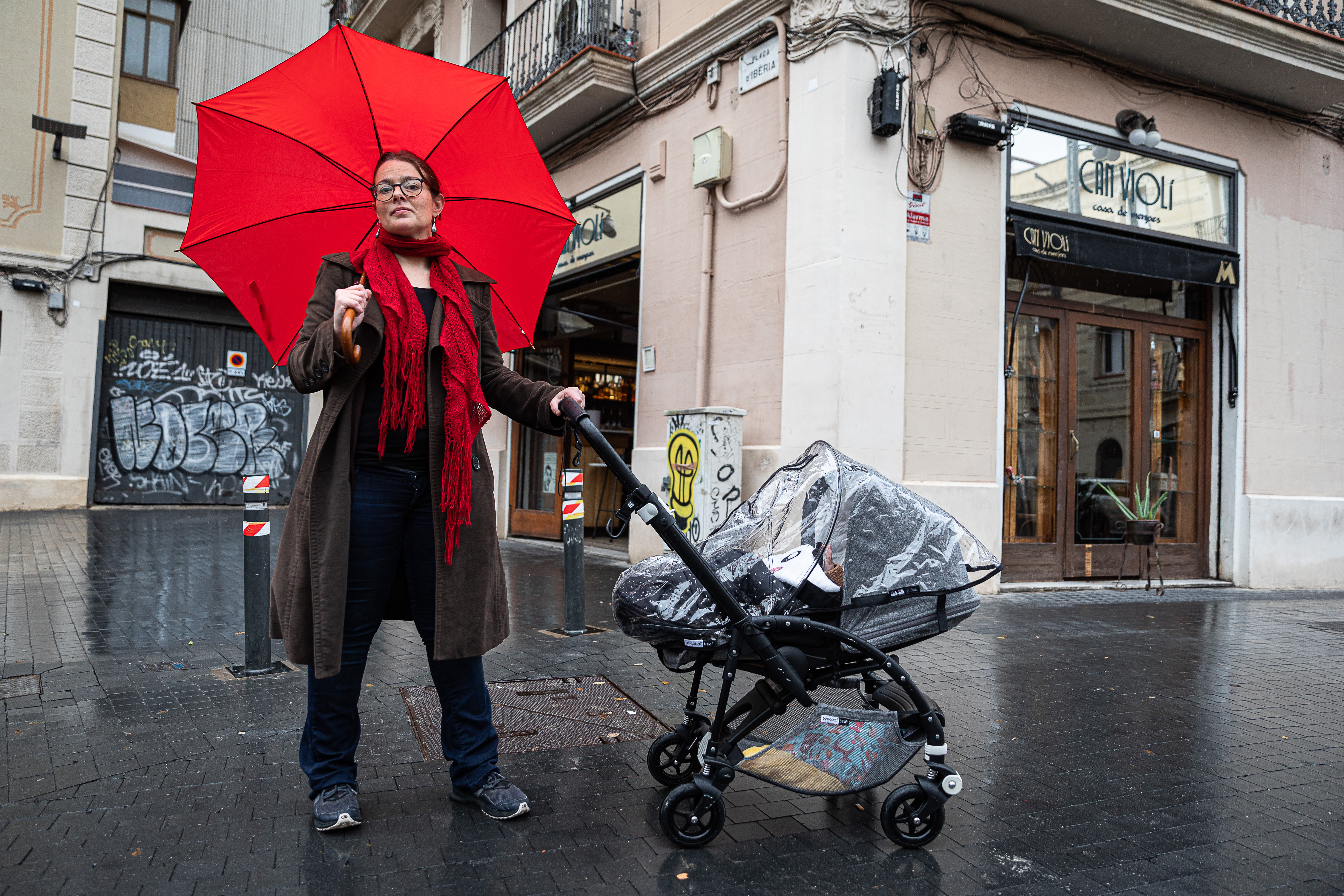
Is the economic crisis we are experiencing a consequence of the pandemic or should it be placed in an earlier context?
The economic crisis is not the direct consequence of the pandemic, that is the first reading that needs to be done. We must go back to the 2008 crisis and remember that the policies of cuts and indebtedness driven by the neoliberal programme have had an impact on inequality in society. The pandemic has highlighted and accentuated these inequalities. We are now faced with a paradox: the need to use public funds to try to maintain economic activity.
It may seem that temporary employment regulation dossiers are a mechanism for trying to prevent job losses, but it is a short-term solution. What comes next?
This indebtedness mechanism will increase social polarisation in all areas: difficulties in access to decent housing, job destruction, wage devaluation... entails greater precariousness and social exclusion. We must be clear that we will never return to the job offer we had a few years ago, nor to the quality of public services.
Can they be part of the solution proposed as a universal basic income or a reduction in working hours?
Both are proposals that need to be put in a concrete context so that they do not lose their meaning. For example, there is perverse rhetoric on basic income, which could make it possible to reduce public services. I think it would be more reasonable to guarantee universal basic services to people. On the other hand, talking about a reduction in working hours without guaranteeing the level of pay would amount to greater poverty and insecurity.
The pandemic has deepened the changes in the labour market: teleworking has come to stay, platform capitalism is becoming more common... Do you think there is a setback in labour rights?
As far as workers’ rights are concerned, we must put the setbacks that are being made in relation to security and pay within a framework: cuts to political freedoms.

Can you develop it?
Measures limiting social contacts have been systematically introduced, while productive activity is continuing, as if there were no occupational infections. It is surprising how easily they have removed the right to mobility and assembly and the right to express concern about a crisis of a marked political nature.
The measures have not gone hand in hand with the discourse of putting life at the centre, which was strengthened at the beginning of the pandemic.
The question is: What lifestyle do we want to put in the center? Life is important to capitalism, but it's a life at the service of production. It seems that, from the point of view that is being used to design decrees, we are atoms, as if we were not part of society. In their speeches, politicians use the familiar nuclei, the closest ones and other concepts. But what about relationships and communities outside the traditional family?
Cuts are causing difficulties for the organisation. Have we adapted or become critical bystanders?
Beyond idealism, in these months there have been organized demonstrations of collective solidarity: networks of mutual assistance, housing unions, reports of police abuse... but to overcome the crisis we need more than volunteering. We should consider whether there is an organised force capable of achieving more than what the European Union, the CEOE (Confederation of Employers’ Associations of Spain) or the financial oligarchy give us.
One of the consequences of the pandemic has been the weakening of political participation and the collective action force. Why has it happened and how can it be recovered?
There is always a balance of risks and benefits, and now the potential prejudices to carry out collective actions are greater than the benefits. The false dichotomy between public health and political freedoms must be broken. Ensure the defence of political freedoms as a means of acquiring and maintaining rights.
On the other hand, some manifestations of pain have been systematically related to negationism or to the far-right.
Yes, that's why I was talking about prejudice. When the fascists of the wealthy neighborhoods of Madrid appear, they oppose the political freedoms of others, against collective public health. When a eviction is stopped, the social distance may break, someone may not wear the mask well dressed, but a collective defense exercise is being carried out. In the context of the pandemic, we should not fall into the subversion of the discourse of criminalization of protest, as these are totally antagonistic readings.
The working class as the axis
He arrived in Barcelona almost twenty years ago, thanks to a scholarship. Still a student, he participated in mobilizations against the Bologna plan. One thing led Benitez to the other, and Taifa got into the seminar on political economics, working on the relationships between capital and patriarchy. Working-class struggle is one of the pillars of their lives. He has published a book:Panrico, la vaga més llarga (Panrico, the longest strike).











